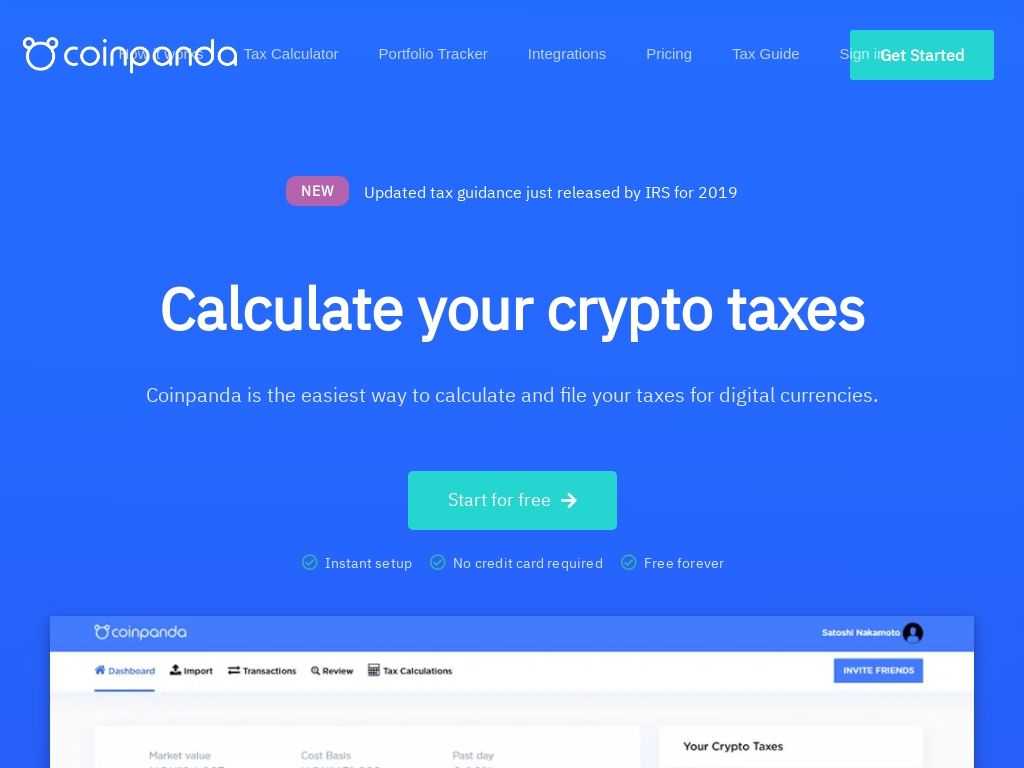
Data Exploration Service Success Stories [2024]
Unlock the potential hidden within data—start a data exploration service. In simple terms, this business helps organizations uncover valuable insights from their data by using analytical tools and expertise.
Imagine partnering with companies to sift through their digital goldmine, extracting trends, patterns, and actionable intelligence. Not only will you provide clarity in oceans of information, but you'll also guide firms in making informed decisions, enhancing efficiency and driving growth.
To kick start, you'll need proficiency in data analytics tools and a knack for interpreting complex data sets. You'll also spend time on client acquisition and building tailored exploration strategies.
Considering the increasing importance of data-driven decision-making in the business world, this service has the potential to be indispensable. For the analytically inclined, this venture could be both challenging and immensely rewarding.
In this list, you'll find real-world data exploration service success stories and very profitable examples of starting a data exploration service that makes money.
1. Coinpanda ($420K/year)
Eivind Semb, the founder of Coinpanda, came up with the idea for his business after struggling to calculate and report his own cryptocurrency taxes. Realizing that there were not many great products on the market, he saw an opportunity to create a user-friendly solution. Despite having no experience in software development, he hired remote developers and spent several months designing and prototyping the product before launching.
How much money it makes: $420K/year
How many people on the team: 5

Coinpanda is a cryptocurrency tax solution for traders and investors, offering a free portfolio tracker in addition to a tax solution that can calculate taxes and capital gains for over 7,000 cryptocurrencies and is integrated with over 100 exchanges, blockchains, and services, generating $85,000 in revenue with a 75% profit margin in Q1.
2. Inquizity Metanoia ($360K/year)
Ramesh Krishnamurthy, an IIM Ahmedabad alumnus, identified a gap in supply chain planning during his SAP ERP implementation in a jewelry factory. Seeing many companies still relying on Excel for planning, he founded Inquizity, now serving over 120 clients with cutting-edge solutions like dataSAVI.
How much money it makes: $360K/year
How much did it cost to start: $45K
How many people on the team: 25

Inquizity, a B2B supply chain solutions company founded by Ramesh Krishnamurthy, developed an end-to-end supply chain planning solution that includes 120+ clients across various industries and a low-code PWA-based automation platform called dataSAVI, which helped the company bring in over $30K per month.
3. Statful ($102K/year)
Statful was initially developed by Mindera, a tech services company, to meet their own need for a monitoring tool. They wanted a tool that could communicate what was happening in their applications to both developers and businesses. They found that existing tools in the market were either too expensive or required extensive deployment and maintenance. This led them to create Statful, a customizable monitoring platform that provides real-time data and flexibility for developers, operations, and business teams. Despite minimal investment in marketing and sales, Statful has gained six customers from various industries and reached an MRR of approximately $10,000.
How much money it makes: $102K/year
How much did it cost to start: $250K
How many people on the team: 5

Statful, a monitoring platform to track any type of metric, managed to get six customers and reach an MRR of approximately $10,000 without any real investments in marketing and sales.

Download the report and join our email newsletter packed with business ideas and money-making opportunities, backed by real-life case studies.

Download the report and join our email newsletter packed with business ideas and money-making opportunities, backed by real-life case studies.

Download the report and join our email newsletter packed with business ideas and money-making opportunities, backed by real-life case studies.

Download the report and join our email newsletter packed with business ideas and money-making opportunities, backed by real-life case studies.

Download the report and join our email newsletter packed with business ideas and money-making opportunities, backed by real-life case studies.

Download the report and join our email newsletter packed with business ideas and money-making opportunities, backed by real-life case studies.

Download the report and join our email newsletter packed with business ideas and money-making opportunities, backed by real-life case studies.

Download the report and join our email newsletter packed with business ideas and money-making opportunities, backed by real-life case studies.



